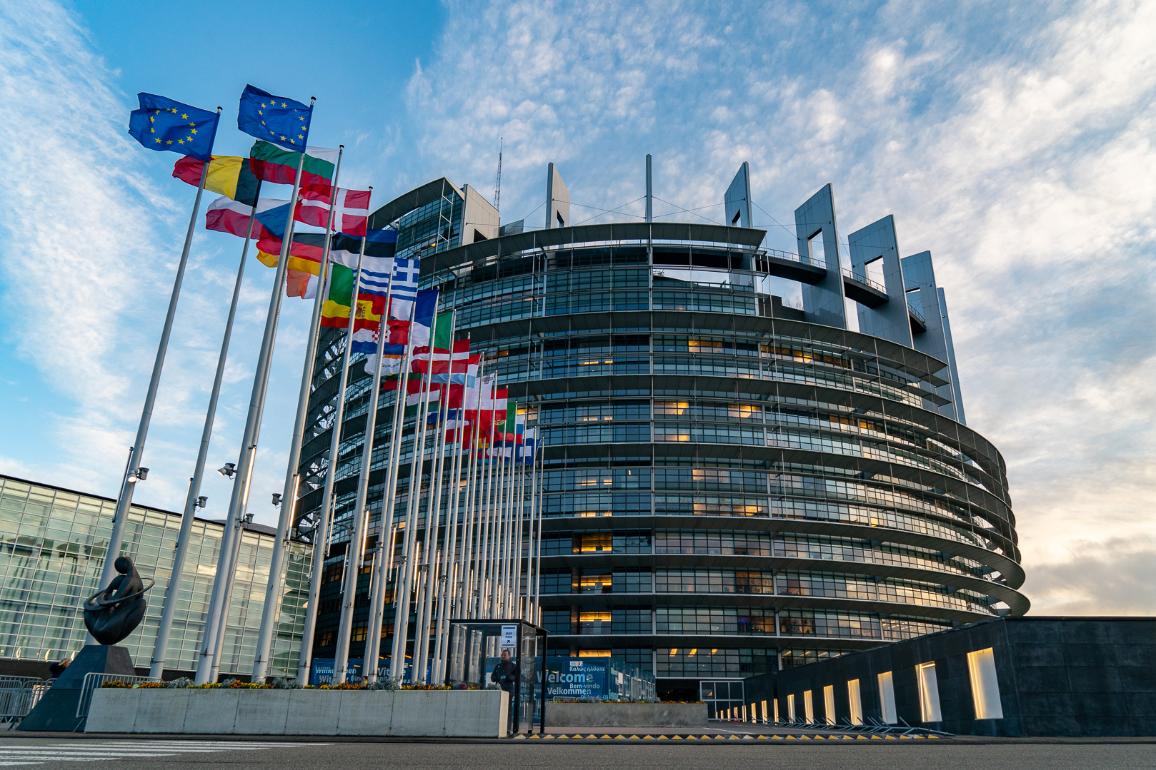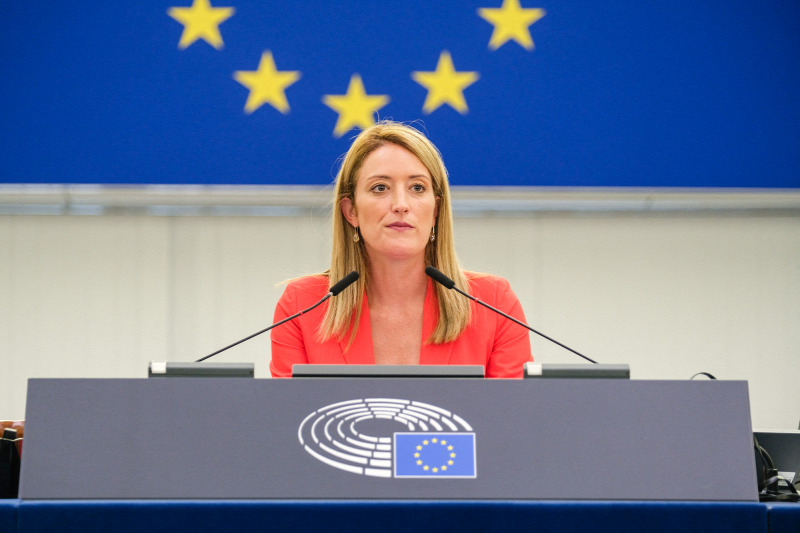
EU ombudsman: We need more transparency on how ethics body operates
In the wake of the corruption scandal engulfing Brussels, the European Parliament's committee in charge of monitoring the conduct of MEPs must be strengthened, EU Ombudsman Emily O'Reilly told EP President Roberta Metsola on Monday.
The ombudsman sent a largely positive-sounding letter to Ms Metsola, welcoming her „determination” to clean up the Parliament and praising some of her 14 proposals, such as those creating an integrity portal on the institution’s website and others on introducing a rather strict grace period, banning former MEPs from lobbying in the European Parliament, Politico writes.
Emily O’Reilly also touched on the EP’s only ethics body, an advisory committee formed of five MEPs, whose role is to ensure that MEPs stick to an ethics code that sets out integrity rules in areas like financial conflicts of interests, declaring gifts or paid-for foreign trips.

The committee’s MEPs, appointed by the president, must advise her on how to sanction MEPs who violate the rules. The committee operates largely in secret, only publishing one report per year, which doesn’t name specific MEPs who’ve been punished.
Ms O’Reilly added that
there should be more transparency about the way the ethics body operates.
Ms O’Reilly also called on Roberta Metsola to publish a timeline of the next steps on the internal reforms. “I look forward to the detailed proposals giving effect to the general approach you have outlined, to see how the reform will be implemented in practice,” the ombudsman wrote.
Speaking about the issue at the EP’s Special Committee on foreign interference on 26 January, Nick Aiossa, deputy director of Transparency International EU, said that
a “culture of impunity” has developed in the Parliament among MEPs, which contributed to the Qatargate scandal that rocked the institution at the end of last year.
He said the parliament had “some of the weakest sanctions in place, demonstrated by the lack of seriousness some MEPs have shown by breaching or ignoring the rules”. During the Parliament’s last mandate, there were 24 registered ethical violations of the code of conduct, but no sanctions were imposed, Mr Aiossa said.
“The ability and right to impose sanctions on an MEP falls directly within the remit the of the EP president, and for a variety of reasons, including political considerations, [which] I suspect [is] one of the reasons, why they have not been put forward,” he said. As a result, “MEPs will not feel obliged to respect the rules,” Mr Aiossa added.
Speaking about the graft scandal, Transparency International EU Director Michiel van Hulten told Politico that „there’ve been smaller scandals and smaller reforms, but there’s never been a moment when the future of the institution itself was in peril, because of the sheer nature and the size of the scandal, V4NA wrote. Qatargate has changed that.” Therefore, „this is a kind of a make-or-break moment” for the EP.
Apparently, however, a large number of MEPs do not support the tightening of rules.
During her campaign to replace Eva Kaili, the Greek socialist MEP held in custody on corruption charges, EP VP Gwendoline Delbos-Corfield said she had approached the S&D and Renew groups for a debate about anti-graft reforms, but no one showed any interest.
„The EP’s general response was that ‘this is just a few bad apples’. The scandal will pass and we can carry on as before,”
the MEP recalled.
Tags:

